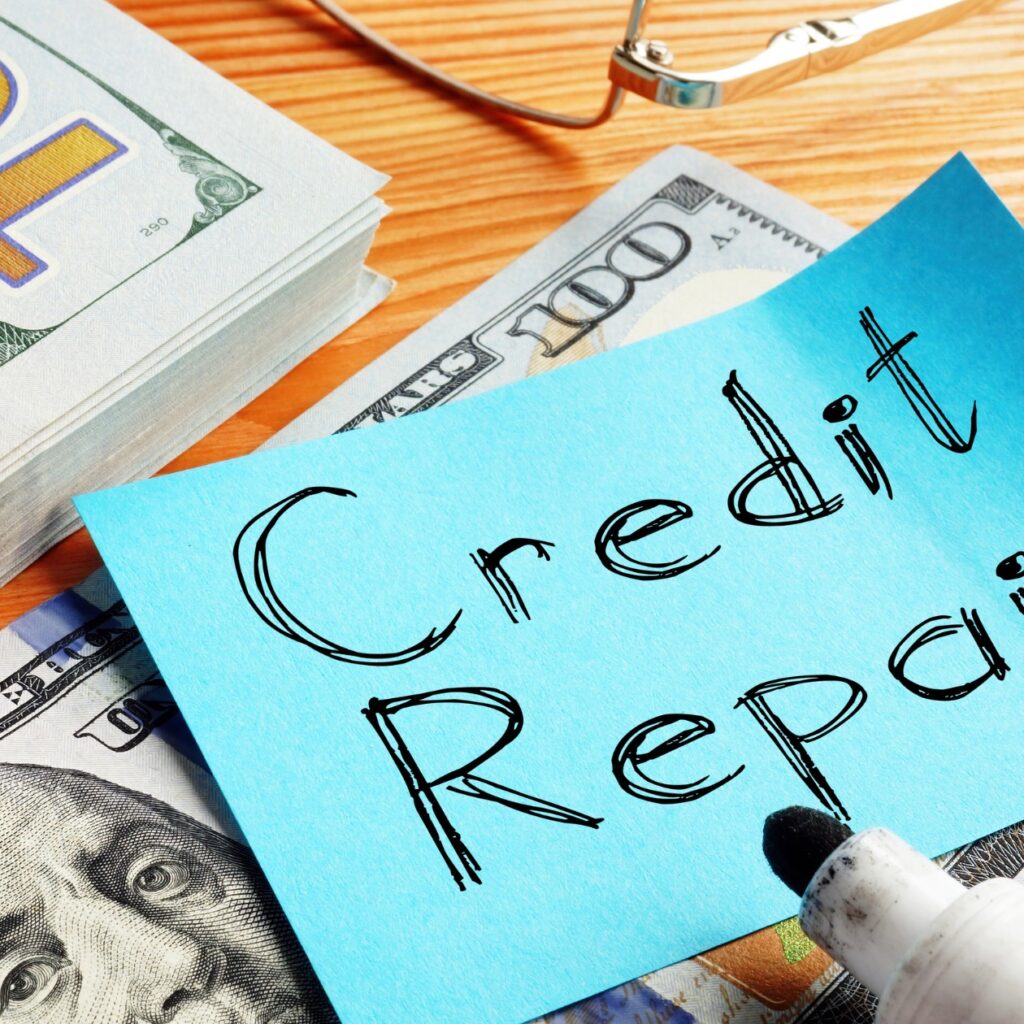Buying a House: Prepare Your Credit In 30 Days


If you’re thinking of buying a house, preparing your credit is an essential part of the process. Your credit score is an important factor that lenders consider when deciding whether to approve you for a mortgage loan. Your credit score can affect the interest rate you’re offered. With a higher credit score, you’ll have better loan options, lower interest rates, and save thousands of dollars.
Here’s a comprehensive guide to preparing your credit for buying a house in just 30 days:
1. Check Your Credit Report
Your credit report is a detailed record of your credit history and includes information about your credit accounts, payment history, and other relevant information. It’s essential to check your credit report regularly to ensure that it’s accurate and up-to-date.
To obtain a free copy of your credit report, visit AnnualCreditReport.com. This website allows you to obtain a free copy of your credit report from each of the three major credit bureaus (Equifax, Experian, and TransUnion) once a year.
Once you have your credit report, review it carefully and look for any errors or inaccuracies. If you find any errors, dispute them with the credit bureau by filing a dispute online or by mail.
Here are 2 companies that I’ve used to review my credit report when I was buying a house:
Credit Karma is a free credit monitoring service that allows you to check your credit score and credit report from TransUnion and Equifax. With Credit Karma, you can track changes to your credit score, receive personalized recommendations for improving your credit, and receive alerts for any suspicious activity on your credit report.
To use Credit Karma, simply create an account and input your personal information. Credit Karma will then provide you with your credit score and credit report, along with a breakdown of your credit history and a list of your open credit accounts.
You can also use Credit Karma to simulate the impact of various financial decisions on your credit score, such as opening a new credit account or paying off a credit card balance.
Lexington Law is a credit repair service, that help you to dispute inaccuracies on your credit report and improve your credit score. With Lexington Law, you’ll work with a team of credit repair experts. They will review your credit report, identify any errors or inaccuracies, and dispute them with the credit bureaus on your behalf.
To use Lexington Law, simply sign up for one of their credit repair service plans, which range from basic to premier levels. Once you’ve signed up, you’ll be assigned a team of credit repair experts who will work with you to create a customized credit repair plan.
Lexington Law can also provide you with credit monitoring services, alerts for any changes to your credit report, and personalized recommendations for improving your credit score.
{RELATED – BUYING VS. RENTING, WHICH MAKES SENSE}
2. Pay Your Bills on Time:
Your payment history is the most crucial factor in your credit score, accounting for about 35% of your score. Late payments can significantly impact your credit score, so it’s crucial to pay all your bills on time.
To ensure that you never miss a payment, set up automatic payments or reminders through your bank or credit card company. Make sure to pay at least the minimum payment on all your accounts each month.
3. Reduce Your Credit Utilization Ratio:
Your credit utilization ratio is the amount of credit you’re using compared to your total available credit. For example, if you have a credit card with a $10,000 limit and a $3,000 balance, your credit utilization ratio is 30%. Keeping this ratio below 30% can help boost your credit score.
One way to reduce your credit utilization ratio is to pay down your balances or increase your available credit limits. You can also try to spread your balances across multiple credit cards to keep your utilization ratio low.
4. Avoid Opening New Credit Accounts:
Applying for new credit can have a negative impact on your credit score. It can lower your average account age and increase your debt-to-income ratio.
Avoid opening new credit accounts or making any significant purchases that could increase your debt-to-income ratio, which could negatively affect your credit score. If you must apply for new credit, limit your applications to a short period to minimize the impact on your credit score.
5. Pay Down High-Interest Debt:
If you have high-interest debt, such as credit card debt, paying it down can help improve your credit score. Focus on paying down the highest interest rate balances first, as this will help you save money on interest payments.
Consider transferring your balances to a credit card with a lower interest rate or taking out a personal loan to consolidate your debt. Keep in mind that opening new credit accounts can also negatively impact your credit score.
6. Don’t Close Old Credit Accounts:
Closing old credit accounts can hurt your credit score, as it reduces your available credit and shortens your credit history.
Keeping your old credit accounts open, even if you don’t use them, can help boost your credit score. If you’re tempted to close an old credit account, make sure to pay off any balances first.
7. Monitor Your Credit Score:
Finally, it’s essential to monitor your credit score regularly to see how your efforts are paying off. Many credit card companies offer free credit score monitoring services. You can use a service like Credit Karma to keep track of your credit score.
Monitoring your credit score can also help you detect any errors or fraudulent activity on your credit report.
By following these tips, you can prepare your credit for buying a house in just 30 days.
Conclusion When Buying a House
In conclusion, preparing your credit for buying a house can take time. By following these tips they can help you improve your credit score in just 30 days.
- Check your credit report
- paying your bills on time
- Reduce your credit utilization ratio
- Avoid opening new credit accounts
- paying down high-interest debt
- Don’t close old credit accounts
- Monitor your credit score
With the above, you’ll be well on your way to achieving a better credit score and securing a mortgage loan. Remember that improving your credit score takes time, and there are no quick fixes. However, with patience and determination, you can achieve your goal of buying a house with a good mortgage rate. Keep in mind that the tips outlined in this guide are just the beginning. There are many other steps you can take to improve your credit score further.


